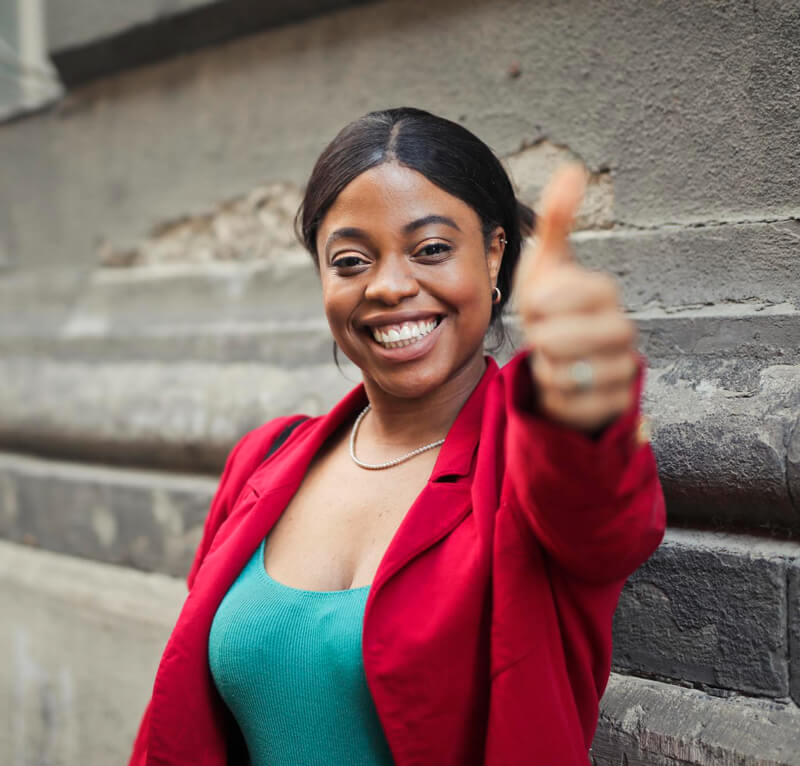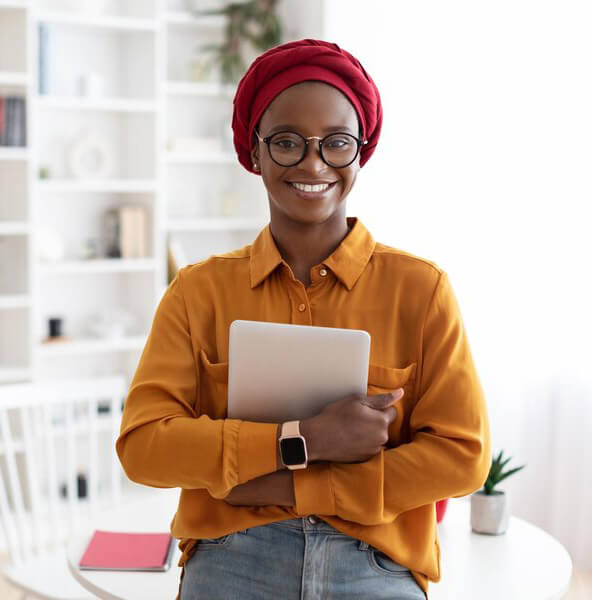Hope For Women Inclusion To Drive Equitable & Sustainable National Development
WOMEN INCLUSION FOR A NEW NIGERIA!

Why We Need A Big WINN 4 Development
As of 2022, Sub-Saharan Africa had closed 67.9 percent of its gender gap. This means females were, on average, some 32 percent less likely to have the same opportunities as males in the region. From a country perspective, performances varied greatly.
Nigeria has been ranked 123rd out of 146 countries on the 2022 global gender gap index, and moved up 16 places from its 139th ranking out of 156 countries in 2021.
Nigeria is ranked 123rd from an overall perspective but, on economic participation, the country sits at the 50th place. In terms of political participation, Nigeria is ranked 141st in the world; on health and survival, 70th; and in educational attainment, the country is on the 134th spot.
Nigeria is also ranked 27th in sub-Saharan Africa. In 2022, global gender gap index score for Nigeria was 0.64.
The Global Gender Gap Index measures gender-based gaps based on four dimensions: Economic Participation and Opportunity, Educational Attainment, Health and Survival, and Political Empowerment. The highest possible score is one, which signifies total equality between women and men.
Gender inequality in Nigeria is relatively high compared to peer countries and this leaves us short on a key ingredient to economic success. In educational enrolment rates, girls are less likely to go to school than boys are. Women are less likely to access health services or gain access to financial services. Legal gaps persist in practice and access—although at the national level, laws that grant women and men equal rights do exist.
In the labour market, a 4:3 male to female participation ratio exists (i.e. for every four men, three women participate). Women usually participate more in the informal economy. They are more likely to work in agriculture or in a lower productivity environment. Political and leadership representation of women is lower than for men—less than 6 percent of seats in parliament are held by women and less than every sixth firm has participation and ownership or senior management positions held by women.
These opportunity gaps translate into differences in outcomes and ultimately contribute towards deepening the socio-economic divides that already exist. Closing gender gaps and promoting gender equality is beyond a moral choice or demand. It is smart economics, it is smart leadership.

The Big WINN Action Plan
The BIG WINN is a 'Hope 4 Gender Equality Project' that activates an inclusive and multisectoral strategic framework to promote SDG 5 of the United Nations Sustainable Development Goals, alongside Aspiration 6 of the African Union’s Agenda 2063 - which targets the realization of “an Africa where development is people driven, relying upon the potential offered by people, especially its women and youth and caring for children”, as well as the principles enshrined in the regional and national action plans and commitments to ensure the promotion of gender equality.
The plan seeks to promote gender transformative approaches and outcomes in order to address the major constraints hindering gender equality and women’s empowerment, through the development and deployment of strategically integrated impact programs, projects, campaigns and interventions, based on the priority sectors/areas of the 2RUHOPE Action Framework.
The BIG WINN Action Plan is based on three pillars of sustainable development to ensure Gender Responsive Impact Action and promote Equality of Outcomes:
The Big WINN Mission
Development Impact Outcomes & Goals to Drive Women Inclusion and Empowerment
Gender inequality poses real consequences to economic growth, the advancement of social justice and Development.
According to the World Bank Report on Women, Business and the Law 2023, a survey of 190 countries around the world showed that women were on equal legal standing with men in just 12 countries.
The Organization for Economic Co-operation and Development (OECD) reports that Gender-based discrimination in social institutions costs the world economy up to $6 trillion.
Within the African context, data from the United Nations Development Programme (UNDP) estimates that failing to include women fully in economic life costs sub-Saharan Africa $95bn in lost productivity every year.
Here in Nigeria, the Nigerian Economic Summit Group (NESG) recently revealed that gender inequality results in economic losses amounting to $26 billion every year. The world bank also provides a conservative estimate of a 2.3% GDP loss incurred as a result in gender gaps in earnings, indicating that the economy could potentially gain over 22 billion dollars by equalizing earnings between women and men.
The Big Mission is to work towards halting and reversing the impact of these losses. Addressing the gender gaps that exist in our society is not just a women's rights issue, it is crucial to ensure the improvement of the wellbeing of every citizen (men, women and children). It is also a Big Win for the economy as a whole.
